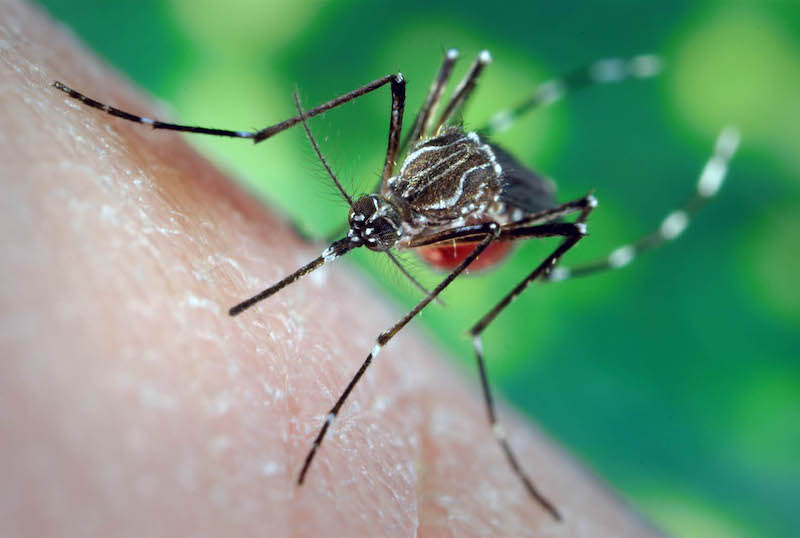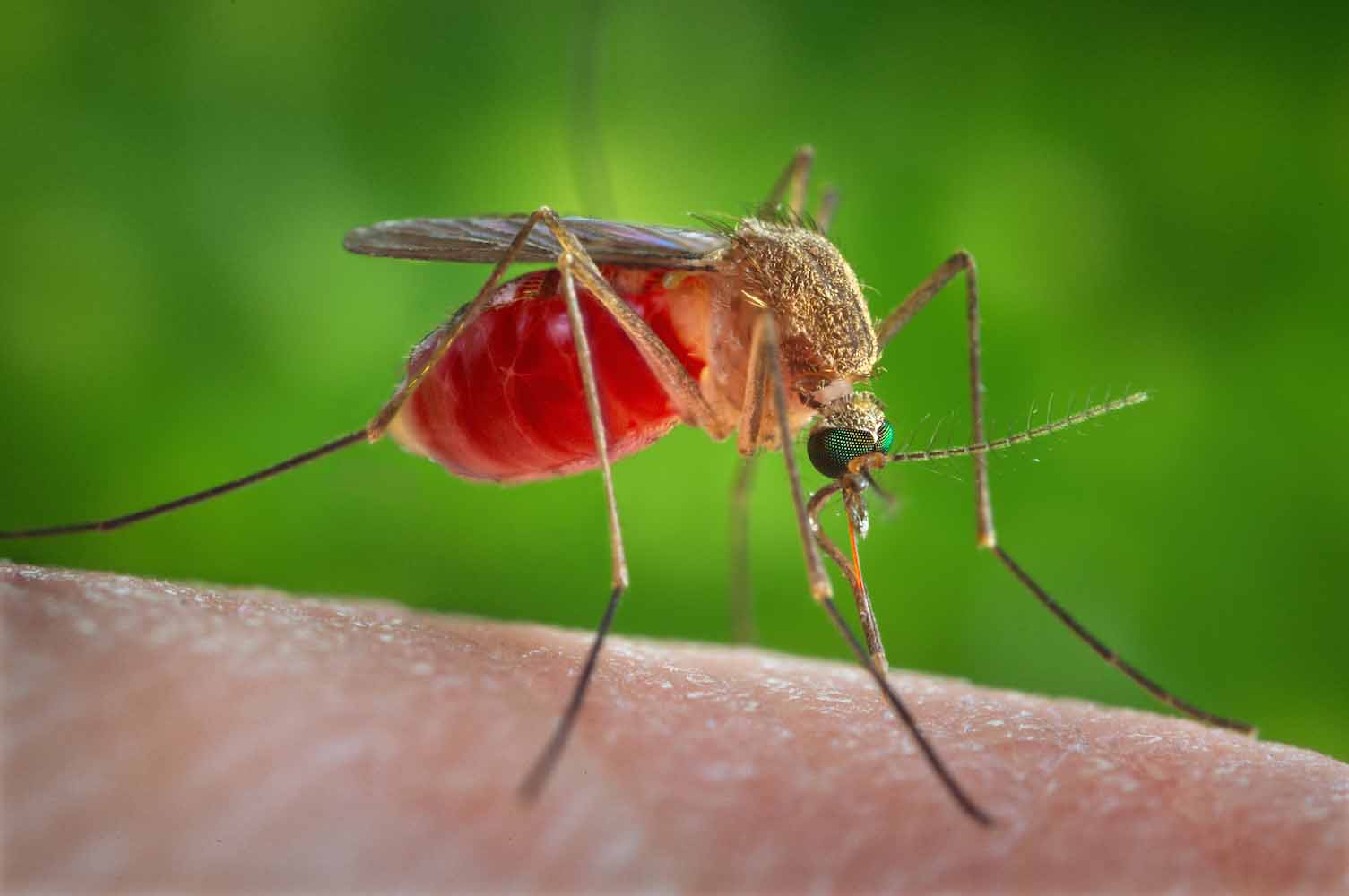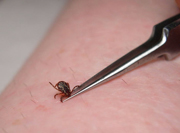With a host of state and national parks within a day’s drive, Georgia is the perfect place for those who enjoy outdoor activities. But fishermen, hikers, campers and mountain bikers often encounter a host of pests on their adventures.
Being familiar with these pests and being prepared can make outdoor experiences more enjoyable and less itchy-scratchy.
The top three
The top three most miserable pests in the Southeast are poison ivy (and its relatives poison oak and sumac), ticks and chiggers. Every year, University of Georgia Cooperative Extension offices receive numerous calls about these annoying Georgia natives.
These pests have been here a lot longer than humans. And getting rid of them is easier said than done.
Count the leaves
Knowing how to avoid these common pests is the best defense. Children should be taught at an early age what poison ivy looks like. The old saying, “Leaves of three? Let it be!” is a good rule to follow.
Poison ivy comes in many different shapes and sizes and can be found alongside even the best maintained park trails. It can produce fuzzy vines as thick as Tarzan’s rope. Sometimes, it’s a seemingly innocent looking ground cover, and other times it hangs down from trees with branches producing compound leaves as big as your head.
Know what to look for and avoid touching it at any cost. Since poison ivy commonly grows along trails, wearing socks and closed-toe shoes is the best way to protect your feet. Sandals and flip-flops, although comfortable, will not provide protection. Long pants are recommended when walking along rugged trails. And, because poison ivy can climb trees, be aware of your surroundings and don’t forget to look up and duck your head.
As soon as possible, take a bath or shower and soap repeatedly to limit exposure to poison ivy.
Hitching a ride
Ticks and chiggers are more commonly encountered off the beaten path. These insect-like arachnids prefer tall grassy or weedy areas. Ticks and chiggers are more likely to latch on to your legs and torso when you brush against tall grass, weeds or underbrush.
Staying on manicured lawns and areas that are frequently mowed reduces the risk of exposure to ticks and chiggers. If you must travel into weedy, unmaintained areas, wear long pants and apply a repellent containing the active ingredients DEET or permethrin, which are available in many brands. Apply repellents according to the product label.
Check yourself and bathe thoroughly
Check yourself for ticks at least twice a day. There is evidence that the longer an infected tick feeds, the greater the chance it has of transmitting a disease.
Take a bath or shower and soap repeatedly to help remove chiggers and ticks.
After returning from the great outdoors, launder field clothes in soapy, hot water that is at least 125 degrees Fahrenheit for half an hour. Properly washing clothes will remove chiggers, ticks or oil residues from poison ivy. Infested clothes should not be worn again until they are properly laundered and dried.
UGA publications give more details
For more information, see UGA Extension Circular 937 - “Protect Yourself from Ticks,” Circular 867 - “Controlling Poison-Ivy in the Landscape” and Circular 782 - “Stinging & Biting Pests of People” at www.ugaextension.com . These publications are also available through your local county Extension office.




